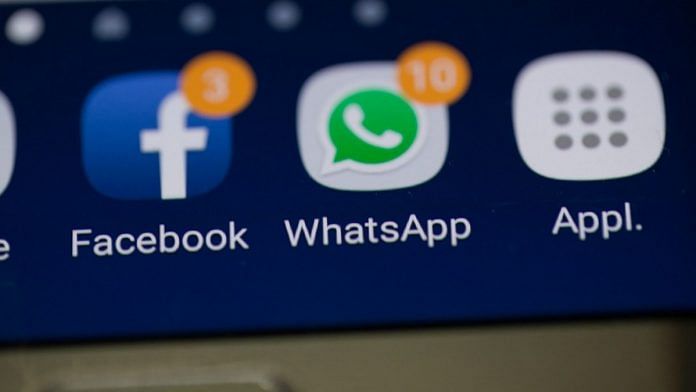Many of us get our news from social media websites. But have we ever stopped to check whether what we’re reading on the internet is accurate and authentic? A great example of the human urge to not fact-check and react before thinking is the recent article on North Korea supposedly banning laughter for a week to mourn the tenth anniversary of the former leader’s death. People immediately jumped to tweeting, sharing and laughing at this absurd piece of news (with just a touch of xenophobia, of course) without even once checking where exactly this information came from. A quick check would show that the source of this news is one that is notorious for falsifying and exaggerating news in the name of propaganda. Mark Twain famously said, “There are three kinds of lies: lies, damned lies, and statistics”…or did he? In fact, that quote is wrongly attributed to him! This was a little quip to demonstrate just how gullible we can be.
In general, Indians don’t have a great track record when it comes to responsibly sharing information, let alone educating ourselves about the source. A prime example of this is the infamous ‘WhatsApp forward’— basically a message or information that is blindly forwarded by people to hundreds of their contacts and in group chats. These messages often contain highly exaggerated/false statements and dubious ‘facts’ regarding a variety of topics like astrology, communal statements and most recently, Covid vaccines and the pandemic. These may seem hilarious, but it really makes one wonder just how blissfully ignorant and/or brainwashed the average Indian is, even if it is regarding crucial topics.
Not just an Indian problem
This problem is certainly not an Indian one though. Even today, after we have collectively been battling the pandemic for two years now, one comes across reports of anti-vaxxers — people who vehemently disregard the science behind vaccines and refuse to take them — and self-proclaimed geniuses in countries all over the world broadcasting their highly biased and frankly idiotic opinions to any gullible, insecure recipient they can find. Remember the notorious Lysol drinkers, or the ones who cowered in fear of 5G service somehow spreading the coronavirus?
All this ties into another crucial problem of this demographic, and that is the harmful ignorance and disregard of privilege many people hold. It’s a problem that isn’t limited to age; be it my generation’s “influencers” who like to preside in their immaculate bubble of privilege, flaunt their wealth and never use their platform and privilege productively, or my parents’ generation’s “free-thinkers” and politicians who put their greed and their needs before everything and use bigotry, threats and violence to assert themselves.
There is another, smaller category of ignorant users: your average attention-seekers who wish to grab two minutes of fame, say, by sharing random bits of Urdu poetry and attributing them to famous poets like Mirza Ghalib or Gulzar or worse, spreading rumours of deaths of celebrities.
Simply put, in this day and age, there is far too much scope for fake news and propaganda to be circulated and there are far too many ignorant individuals who either carry out the aforementioned circulation without thinking or don’t bother to counter it. One dangerous outcome of this irresponsible sharing is the “Cry wolf” syndrome – during the pandemic so many people ignorantly shared exaggerated or unverified reports and requests for help, both medical and financial, which resulted in people disbelieving those really in need of help. One can imagine how fatigue sets in even in good samaritans who get exhausted separating the wheat from the chaff.
I do not mean to belittle social media. It is the users who are, for the most part, to blame. Social media does not just connect people with similar interests, but it has also helped in getting crucial resources across to those in need during the pandemic as well as recent natural disasters. People in need were able to call for help through tweets and posts and be acknowledged instantly. My plea to all those who are reading this article is simply to use social media for good. By all means, amplify or talk about issues that need more attention, but before you hit that tweet or post button, take a minute to pause, reflect and re-check. You should be free to speak your mind, but if you find upon reflection that what you’re saying might be ignorant, harmful or just false, don’t go ahead and give in to the temptations of adding fuel to the fire. As Mark Twain said, “A lie can travel halfway around the world while the truth is still lacing up its boots.” (or did he?)
The author is a student at Delhi Public School, RK Puram. Views are personal.




